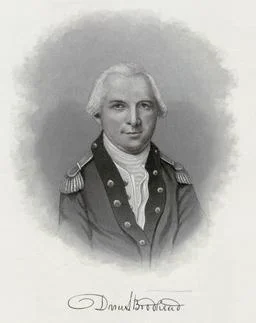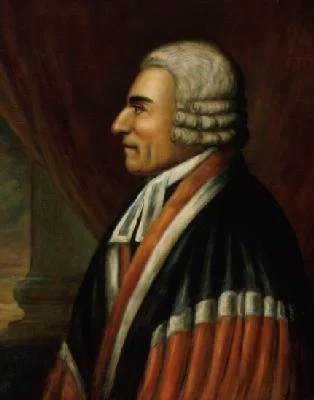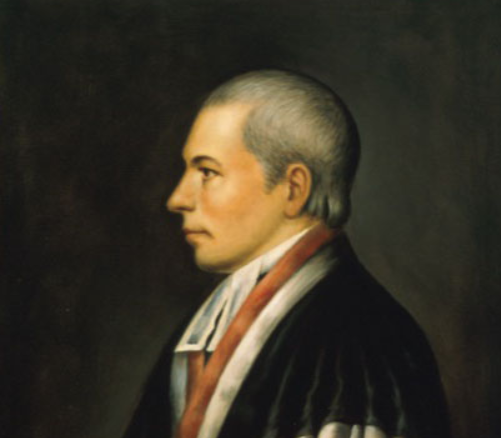Alfred Moore Fills A Vacancy
Alfred Moore was a long time Attorney General in North Carolina.
Moore established himself as such a respected Man of the Law that he was appointed as an Associate Justice of the Supreme Court.
Alfred Moore
Alfred Moore of North Carolina followed in his father’s footsteps and studied law. He was admitted to the bar at just 20 years old.
By 21, however, the American Revolutionary War broke out and the young lawyer went to war.
Moore was commissioned as a Captain and joined in William Moultrie’s defense of Charleston.
North Carolina Attorney General
A year later, Alfred resigned from the Continental Army. His father, uncle and brother had all been killed in the Revolution and it was up to him to attend to family affairs.
Moore’s revolutionary service did not end there. He was soon elected to the North Carolina State Assembly.
By war’s end, Alfred was chosen as North Carolina Attorney General. He held this position for most of the following decade. Of the many cases he tried, the most important was one he lost (Bayard v. Singleton) which was an early example of America’s trend toward the idea of Judicial Review (the Court’s ability to rule a law unconstitutional).
The 1790’s
Alfred Moore was a strong supporter of a National Government and as such led the fight in North Carolina to ratify the Constitution.
Moore followed his time as Attorney General with a run for United States Senate, though he lost in an extremely close race.
He spent the next few years working on his private practice, something he rarely had occasion for since the onset of the Revolutionary War. He also spent two years on the North Carolina Superior Court.
Supreme Court
In 1799, a vacancy arose on the United States Supreme Court.
President John Adams nominated Alfred Moore to sit as an Associate Justice and he was soon thereafter confirmed by the Senate.
Moore spent less than four years on the Supreme Court, eventually resigning due to poor health.
While on the bench, Alfred was present for Marbury v. Madison, a landmark case which ensured the process of Judicial Review for the National Government. This is interesting, as Moore went from a young man arguing against Judicial Review to a senior authority who assisted in placing it in the annals of American History.
To learn about other early members of the United States Supreme Court, check out our articles on Thomas Johnson and William Cushing.
If you’d like to learn more about Marbury v. Madison, check out ‘The Great Decision’ which can be purchased through the Amazon affiliate link below.
Don’t forget to subscribe to the email list for a new Founder every day.






